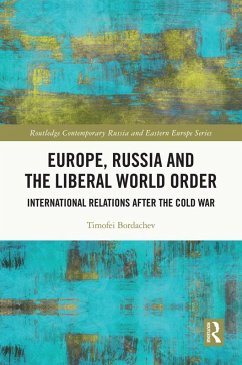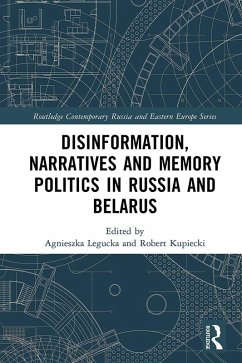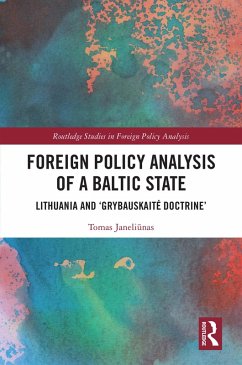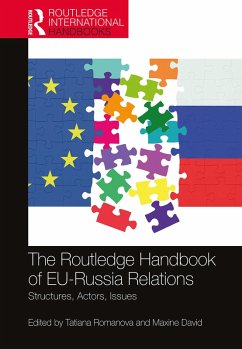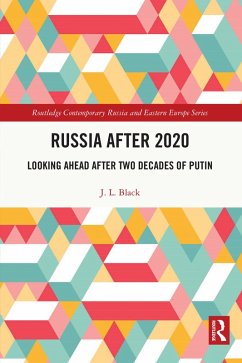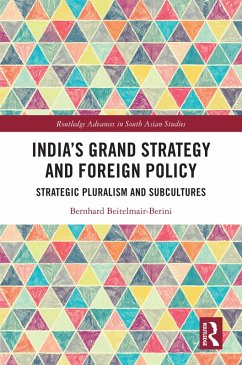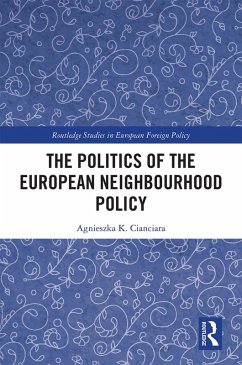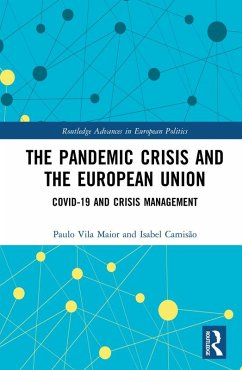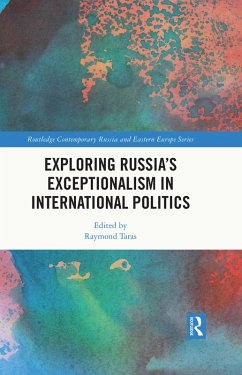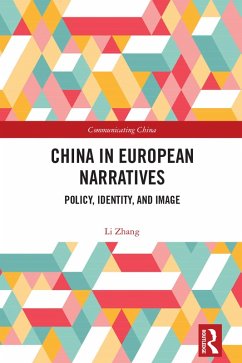
Europe, Russia and the Liberal World Order (eBook, PDF)
International Relations after the Cold War
Versandkostenfrei!
Sofort per Download lieferbar
41,95 €
inkl. MwSt.
Weitere Ausgaben:

PAYBACK Punkte
21 °P sammeln!
This book analyses Russia-Europe/EU relations by exploring their practical essence and conceptualizing them in terms of the main categories of international relations research. It argues that the liberal world order, established in Cold War days, whereby international relations are underpinned by a global balance of power and a highly institutionalized framework of international relations, thereby balancing power and morality, continued after the Cold War, with high hopes in the early 1990s for a new order of security and cooperation for all Europe, including Russia. It goes on to show how the...
This book analyses Russia-Europe/EU relations by exploring their practical essence and conceptualizing them in terms of the main categories of international relations research. It argues that the liberal world order, established in Cold War days, whereby international relations are underpinned by a global balance of power and a highly institutionalized framework of international relations, thereby balancing power and morality, continued after the Cold War, with high hopes in the early 1990s for a new order of security and cooperation for all Europe, including Russia. It goes on to show how the liberal world order has broken down, one manifestation of this being the new conflict between Russia and Europe in recent years, a conflict resulting from the failure of European countries/the EU to acknowledge the actual balance of military, economic and political power, the lack of limits on the policy of European countries in terms of infringing on Russia's interests, and Russia's consequent revision, after 1999, of its policy of co-operation. Overall, the book provides huge insight into the nature of Europe-Russia relations.
Dieser Download kann aus rechtlichen Gründen nur mit Rechnungsadresse in A, B, BG, CY, CZ, D, DK, EW, E, FIN, F, GR, HR, H, IRL, I, LT, L, LR, M, NL, PL, P, R, S, SLO, SK ausgeliefert werden.




